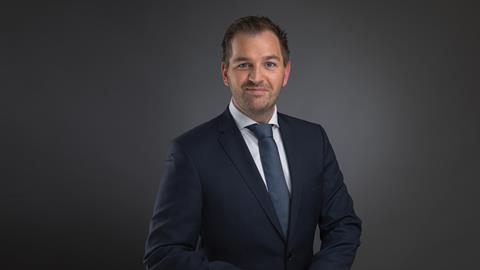Austrian sustainability specialists United Benefits Holding and Rhomberg ventures have unveiled a new joint venture, United Climate, designed as a full-service provider for real estate investors and developers pursuing environmental, social and governance (ESG) goals.

The 50:50 joint venture is aimed both at standing stock and new developments, offering services along the entire value chain, from consulting and planning to implementation with directly and indirectly affiliated companies.
Michael Klement, CEO of United Benefits Holding said: 'For years, both companies have shared a common strategy: creating long-term value by applying top sustainability standards.
'United Climate brings together two strong partners who will apply their know-how for the benefit of investors, the environment and society, and offer not only consulting services but also full implementation.'
Hubert Rhomberg, CEO of Rhomberg ventures said: 'Regulatory requirements and the increasing demand among investors for sustainable projects are a veritable challenge for portfolio owners and new-build developers.
'We want to help these companies comprehensively optimize their real estate projects and manage ESG risks through our holistic approach and comprehensive ESG expertise. Sustainability should not be a regulatory burden, but an investment in the future that leads to long-term financial benefits.'
According to United Climate, its tools achieve compliance with the highest ESG standards in new build projects and efficient ESG optimisation by reducing carbon emissions in the design, construction and operation phases.
In addition to user-oriented project planning, the construction process is also optimised to facilitate lower operating costs and higher rental income. Meanwhile, the firm also tackles the issues of stranded assets via a green implementation strategy to increase property values.
The company notes that some 40% of all carbon emissions can be traced back to the activities of the construction industry alone. However, there is frequently a lack of knowledge regarding implementation. 'This is the dilemma we intend to resolve. For the companies – and for future generations,' concluded Klement.










